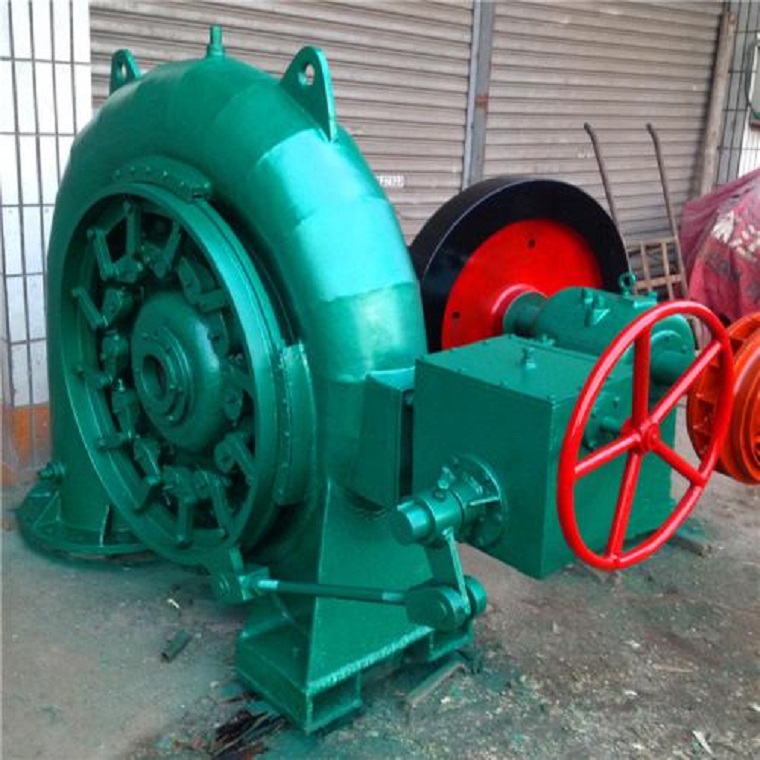How Tubular Water Turbine Works
The comprehensive strength of the water turbine and auxiliary machinery manufacturing industry has increased significantly, and the entire industry has shown a booming and vibrant situation. The improvement of the industry is reflected in the improvement of the quality of economic operations and the significant increase in economic benefits. Water turbine can be divided into impact water turbine and impact water turbine according to the working principle. Impact water turbine are divided into four categories, and cross-flow water turbine are one of them.
The water flow between the guide vane and the runner of the cross-flow water turbine is basically non-reversing. With the use of a straight cone tailpipe, the discharge does not have to turn in the tailpipe, so the efficiency is high, the flow capacity is large, and the specific speed High, especially suitable for low-head small riverbed power stations with a head of 3 to 20 meters.
This water turbine is installed in a tidal power station and can also realize bidirectional power generation. This type of water turbine has various structures, and the most commonly used is a bulb type water turbine.
The generator of the bulb-type unit is housed in a water-tight bulb body. The runner can be designed as a fixed paddle or a paddle. Which can be subdivided into cross-flow and semi-flow. The world's largest bulb-type water turbine (rotary propeller type semi-turbulent flow) is installed at the Rock Island Second Power Station in the United States. , Put into operation in 1978.




